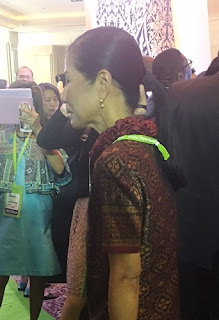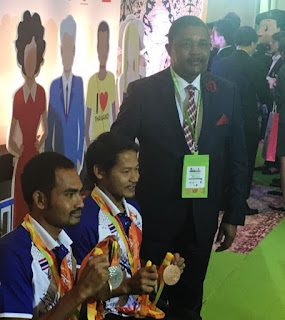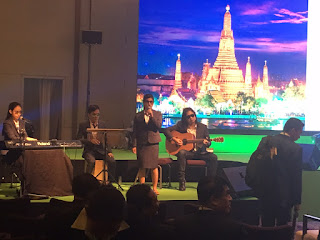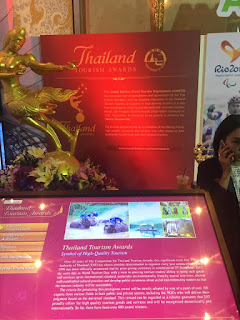

World Tourism Day message from Minister Alain St.Ange of the Seychelles
As the world marks Tourism Day it is important for us in Seychelles to say “Happy Tourism Day” to each and every one, but to also say let us all rally to defend, protect and help consolidate this industry that remains the powerful vehicle to not only stimulate the economic growth of our countries, but that also remains the motor for social growth in the world at large. Today we celebrate a milestone for Seychelles. Our islands are noticed around the world, and for such accomplishment we need to thank our private sector trade, our hotels, our DMCs and our airlines for promoting Seychelles as a tourist destination.
Seychelles will soon welcome two new airlines, Qatar Airways and Turkish Airline which will bring more tourists to our paradise islands. Seychelles is now connected to the big wide world as never before and with its tourism industry remaining the pillar of its economy. We want to see Seychelles tourism bloom and to do that we will work with our National Airline, Air Seychelles along with all the other airlines partners.
We are today proud to say that we have protected what we have ben blessed with – the lush green natural landscape of our islands, our white sandy beach and our turquoise blue seas. We can be seen as good custodians of what we have and we have gone the extra mile and have now declared over 50% of the total land area of Seychelles as protected national parks. But that is just not enough because we know that our tourism industry would be on shaky ground if we did not put our culture at the centre of our tourism industry and by doing that placing our people at the very centre of our development, because without people we have no culture. This is why on this World Tourism Day, as we all celebrate the milestones achieved in our industry we need to say to ourselves that our people remain our greatest asset and we all need to embrace them in their diversity.
May Tourism Day 2016 be for the great continent of Africa a time of reflection on the protection and preservation of our rich natural heritage and this inclusive of our people in its diversity in political affiliation, colour of the skin, religious beliefs and sexual preferences. May Tourism Day 2016 also be for the World at large a time for reflection where the ambitions of one does not step on the rights of others needing tourism as a source of economic survival.
Alain St.Ange, Minister of Tourism and Culture, Republic of Seychelles
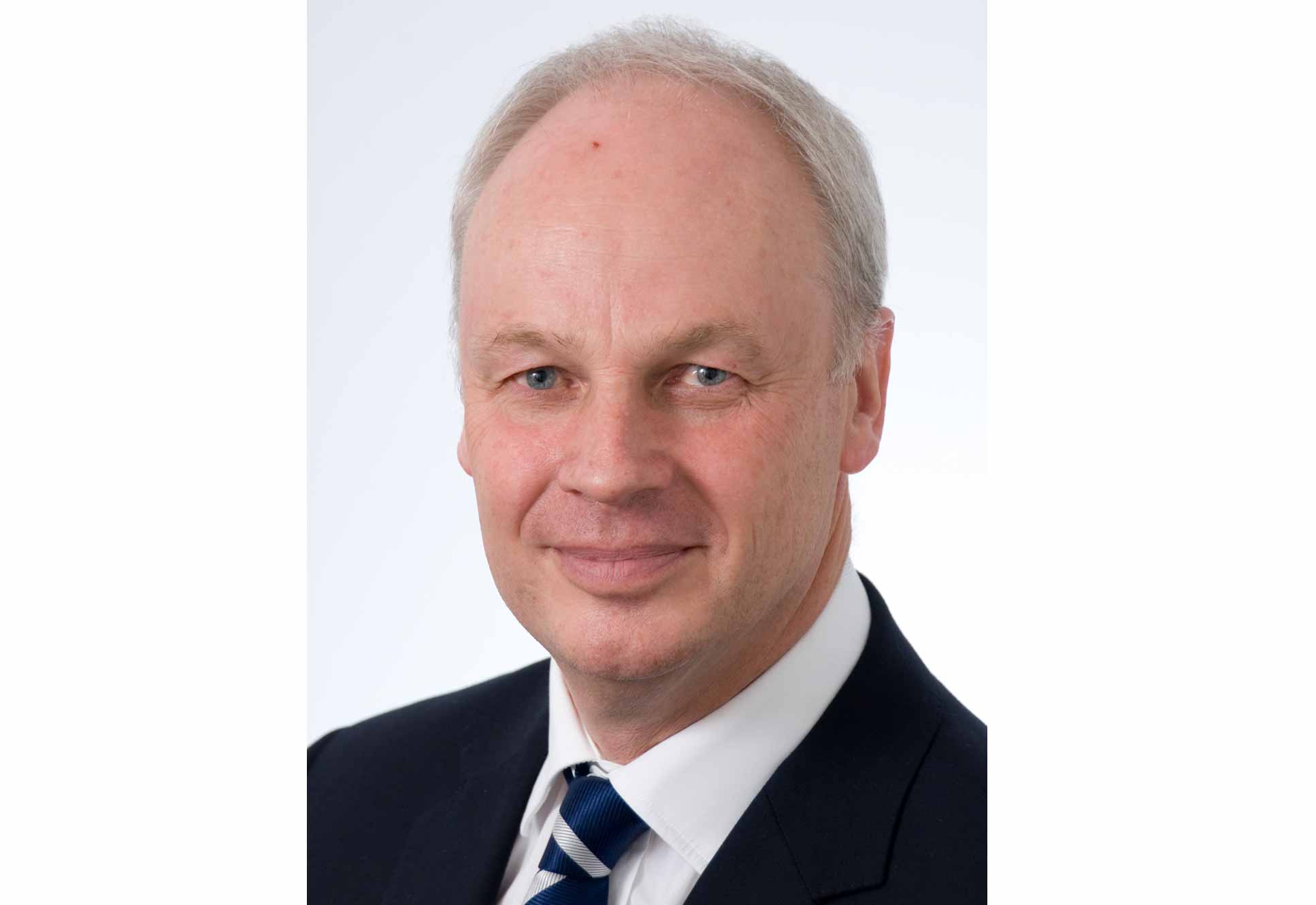
WTTC calls on the Travel & Tourism sector to be more accessible
BANGKOK, Thailand – David Scowsill, President & CEO, World Travel & Tourism Council (WTTC) has called for the Travel & Tourism sector to be more accessible, during a speech at World Tourism Day celebrations in Bangkok, Thailand.
Scowsill said: “Travel & Tourism needs to take accessibility requirements seriously. The imperative is not only moral, but it also makes good business sense.”
The global Sustainable Development Goals provide a roadmap for a more equitable and sustainable future. If Travel & Tourism is going to be truly inclusive in its growth, it must ensure that it is accessible to everyone.
Furthermore, nearly 15% of the world’s population is estimated to live with some form of disability. As populations get older, the number of people with special needs is going to increase.
“Many tourism businesses can be deterred from making themselves more accessible. Sometimes they have financial concerns about the investment necessary to alter or refit their facilities, and at other times they are concerned about offending people. That is why days such as the World Tourism Day are so important. We need to raise awareness of the opportunities of accessibility and the mechanisms by which it can be achieved,” stressed Scowsill.
Scowsill identified three priorities for the Travel & Tourism sector when it comes to accessibility:
1. Understand the market dynamics and opportunities when it comes to accessibility, and how they relate to your business so that you can prioritise actions accordingly.
1. Look at what the leading players are providing and learn from them. Often some simple adaptations or a mere awareness of the needs of people with a disability can make a big difference.
1. Partner with organisations which have experience of working in accessibility, to ensure that what you are providing is appropriate and communicated effectively.
. Scowsill further argued that catering for people with disabilities goes far beyond those travellers restricted to wheelchairs. It includes all forms of mobility restrictions, hearing or visual impairments, learning disabilities or mental health issues. It encompasses the needs of an ageing population around the world.
. WTTC also encourages accessibility in tourism through its Tourism for Tomorrow Awards. In 2015, Ilunion Hoteles won the People Category for its pioneering work in accessible design, and having a work force of people with disabilities in their hotels.
The 2017 Tourism for Tomorrow Awards are now open for entries and WTTC encourages companies that do work in accessibility to apply. Winners will be announced at WTTC Global Summit, which will be held in Bangkok, Thailand, 26 – 27 April 2017.
eTN is a media partner for WTTC.
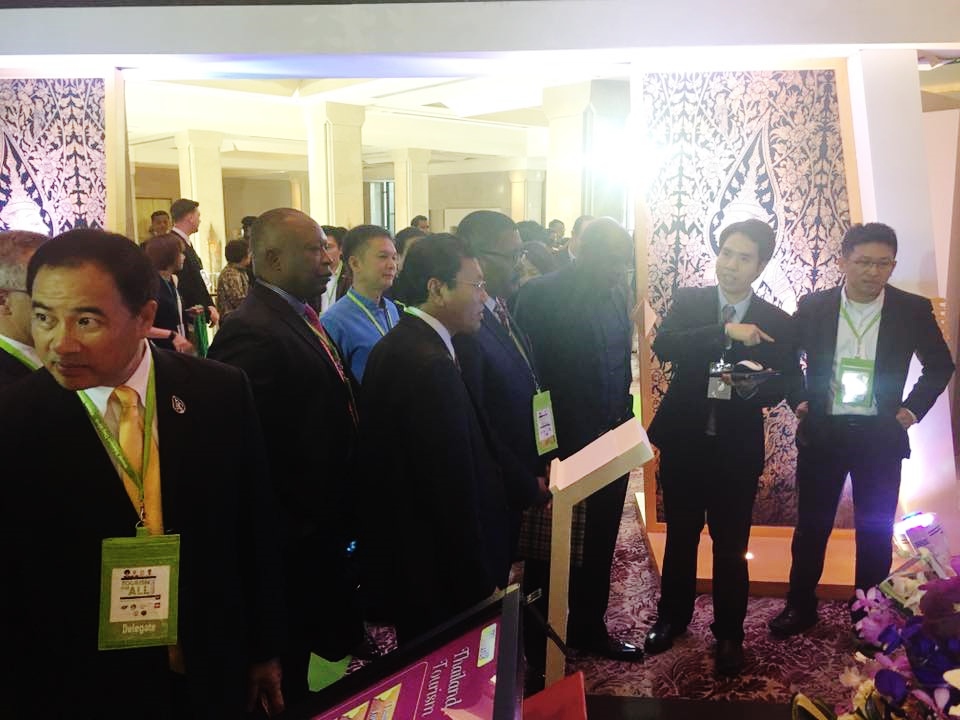
World Tourism Day event launches in Thailand
BANGKOK, Thailand (eTN) – The official celebration of World Tourism Day 2016 (September 27) has just launched in Bangkok, Thailand, under the theme, “Tourism for All,” promoting universal accessibility in the travel and tourism industry.
Thailand’s Minister of Tourism and Sports, Mrs. Konkarn Wattanavrangkulm, was on hand to welcome guests to the one-day event, as was the Hon. Dr. Walter Mzembi, candidate for the UNWTO Secretary-General position.
According to the World Health Organization (WHO), 15% of the world’s population (1 billion people) is estimated to live with some form of disability. UNWTO is convinced that accessibility for all to tourist facilities, products, and services should be a central part of any responsible and sustainable tourist policy.
World Tourism Day addresses the importance of good practices in the accessible tourism supply chain.
The opening included a touching rendition of blind people performing and singing “Somewhere Over the Rainbow.” Enjoy the images gathered by eTurboNews.
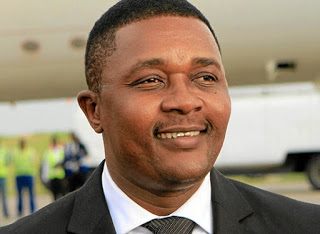
UNWTO candidate Dr. Mzembi issues statement for World Tourism Day
The outspoken candidate for the next UN World Tourism Organization (UNWTO) Secretary General, Doctor Walter Mzembi, the Minister of Tourism and Hospitality for Zimbabwe, today issued a statement for World Tourism Day.
Celebrations for World Tourism Day are held around the world, with Bangkok as this year’s official location.
Dr. Walter Mzembi said from Bangkok:
I issue this solidarity statement from Bangkok, Thailand, where we are gathered to celebrate World Tourism Day, 2016, under the theme: “Tourism for All – Promoting Universal Accessibility.” The entire government of Thailand has been mobilized around this event led by the Prime Minister, HE General Prayut Chan-o-cha, who shall deliver the keynote address.
The program also captures the involvement and various acts by the Deputy Prime Minister, our host Minister of Tourism herself, HE Mrs. Kobkarn Wattanavrangkul, and a technical visit to Khon Kaen Province, where we shall be treated to a very rich itinerary including the “performance of wheelchair men,” in line with the global theme.
What is very clear, as was the case with our hosting of the 20th session UNWTO General Assembly in August 2013, is that this is a national event taken very seriously by the entire nation and an absolute opportunity to leverage this global endorsement to bring to the fore, the country’s best foot, and its brand pay off line, “The Land of Smiles.” Hopefully, while not forgotten, this should put behind them the horrid memories of multiple assaults on the sector ‘s tourist hotspots of Hua Hin, Surat Thani, and Patong on August 12 of this year. In my condolences to the Tourism Minister, I did promise that in solidarity with the people of Thailand and the incessant attack on the sector, I was going to join the Secretary General, Dr. Taleb Rifai, and other dignitaries who include the World Travel and Tourism Council President and CEO, David Scowsill; Mario Hardy, PATA CEO, and other colleagues and ministers invited to the celebrations.
Notwithstanding the clear intentions to scare us away from this beautiful country, we are out here to reinforce the message that no amount of terror will halt the sheer force and energy of human civilization unleashed by this great revolution of our contemporary times – travel. We are here to consolidate the gains of travel, which only 65 years ago had 25 million travelers, and has since closed 2015 with 1.2 billion tourists! Today, the sector employs 288 million people, and accounts for 6% of the world’s exports at $1.5 trillion, translating to a cumulative impact of earnings of $8 trillion – 10% of the Global GDP. The sector, in line with SDGs 8, 12, and 14, shall record a minimum of 1.8 billion by 2030, which projections are now being tested and certainly need to be revised if one takes into consideration news from China that it will authorize an unbelievable 600 million outbound Chinese tourists by year 2020, from the current 128 million!
So, the best way to help conflict stricken destinations, terror targets, and now as we redefine insecurity to include natural disasters, is to visit and continue visiting those destinations. Suspend all protocols, and disregard inordinate travel advisories that seek to multiply misfortune and suffering on unfortunate destinations by endorsing them through sustained visits. The 1.2 billion tourists are potential peace ambassadors and opportunities for the world’s terror-stricken targets and the poor.
Typically, the subject of accessible tourism is key in our contemporary times. It is not only about providing tourism services to people with disabilities, but innovatively creating universally-designed, barrier-free environments that support people who may have temporary and permanent physical challenges, young children, the ever increasing elderly population, as well as creating safer environments for employees who work in the sector.
Applying inclusion principles, in my view, demands that the facilities and products which we have established or are currently under establishment, become accessible by all. This way, it helps destinations to expand their horizons in terms of inclusivity, competitiveness, and ideally lead to greater customer satisfaction, loyalty, and expansion of the business.
At the strategic and operational level, accessible tourism implies that the tourism industry needs to redesign itself to develop flexible, multi-use accessible spaces and enhance its productivity and operational management, all of which should directly assist humanity to enjoy tourism products with no hindrance, exclusion, or impediment to access.
Our varied geographical, cultural, and social disparities should not be excuses to perpetuate exclusion of others. It is imperative as we celebrate the international World Tourism Day today, to once again renew our covenant, in which with one accord we proclaim tourism as a product for all. This cannot happen without support from all of us and indeed, stakeholder collaboration to provide easily-accessible tourism products becomes a game changer.
I call upon designing and re-designing of both new and old infrastructures to enable people with unique access requirements, including mobility, vision, hearing, and cognitive dimensions dignified equity, sharing, and access.
My clarion call is that accessible tourism is everyone’s responsibility. It is indeed a collaborative process that requires full understanding of heterogeneity of access requirements informed by different types of embodiments, where the creation of an enabling environment is understood through universal design that answers to the physical and intuitive needs of different people.
Therefore, it is super critical that tourism operators in Zimbabwe, Africa, and globally, understand the visitors’ experiences on enabling or disenabling tourism environments so that those experiences help all of us to put in place needs-based infrastructure and super structures.
I mention this on the back of the ever-growing need to adapt tourism products to be more user-friendly to our traveling publics, who in some cases encounter accessibility difficulties in the travel process resulting in dissatisfaction.
Yet, when there is an enabling tourism environment, visitors’ experiences become memorable, joyous, dignified, and equitable. It is this missing link that we should look at and address as a new growth opportunity in our destinations. Clearly, simple design solutions can make a huge difference and open our destinations to accessibility required by markets as well as improving operational efficiency of the tourism business.
There is a realization that building of hotels, restaurants, theatres, public spaces, public transport, streets, and squares often are insufficiently inaccessible to people enabled differently. Many inconveniences occur when some of our people want to use facilities. Thus, this calls for the application of minimum standards to cater for the physically challenged so that tourism value chains are not seen as discriminatory.
“Tourism for all – Promoting universal accessibility” is a call for global commitment to reposition the tourism industry less through talk shows, but more through instituting practical solutions to “quick-fix” action to close the gaps which make tourism products inaccessible. It is refreshing that the UNWTO is celebrating this day in 2016 on the back of 2017, the “International Year of Sustainable Tourism for Development.” This is a befitting theme, and part of our discussions and outcomes will significantly shape the destiny of delivering sustainable and inclusive tourism product value chains, and repositioning of global tourism for all.
As usual, because of our unique economic circumstances, there is always an attempt to domesticate international themes to answer our own challenges, and one such debate has been how pricing of tourism and hospitality services, especially in the wake of a bullish United States dollar, our anchor currency has denied the majority of our people access to these assets. It is a very valid argument for another day, and aligns itself to an international argument on the behavior of currencies actually now impacting the performance of the sector globally.

